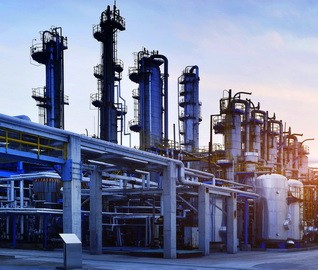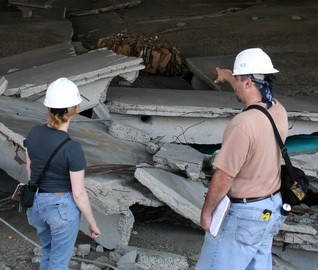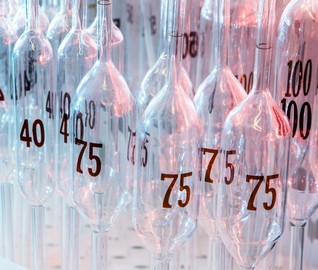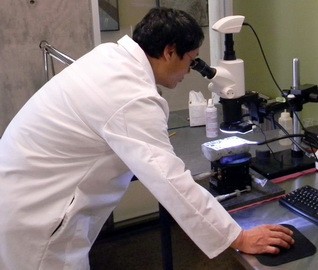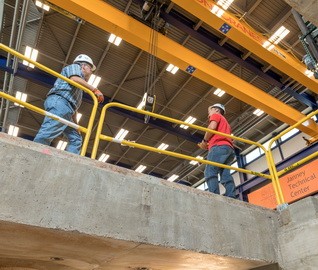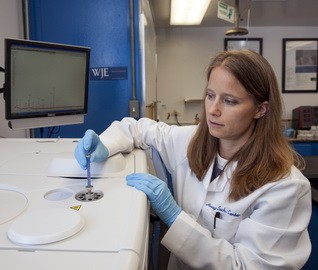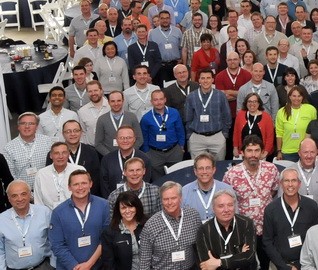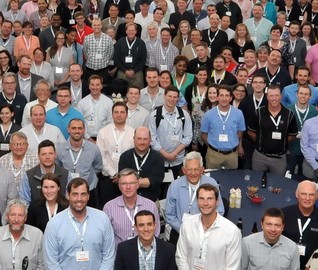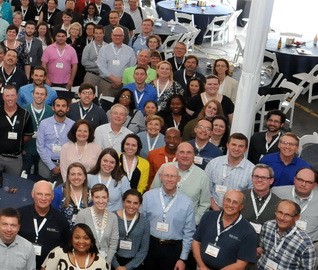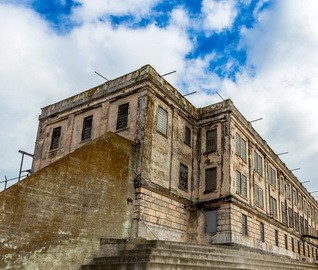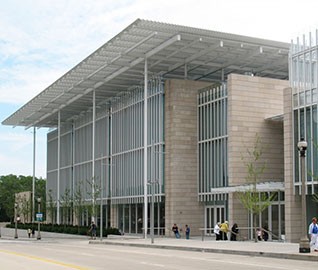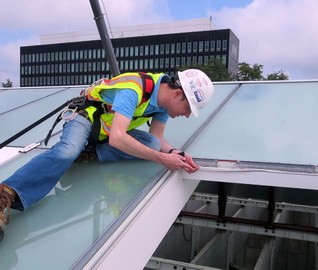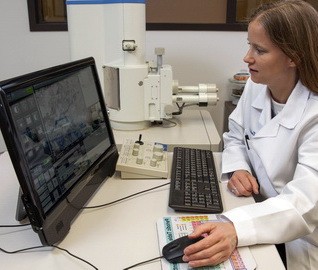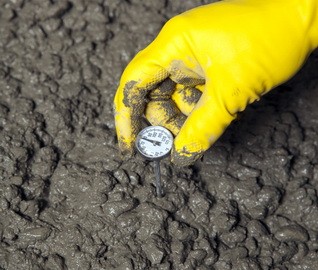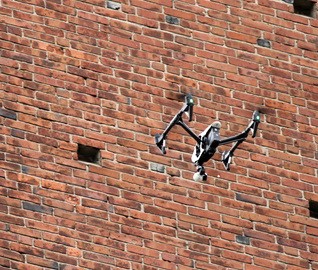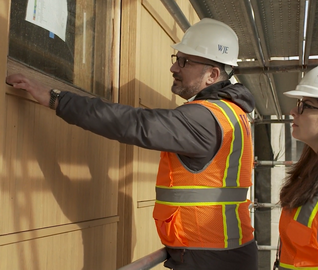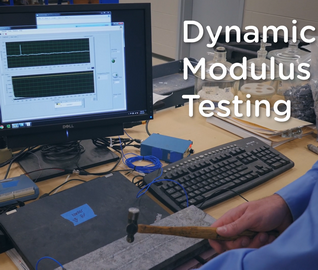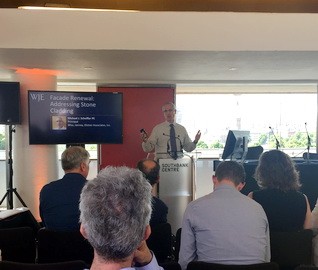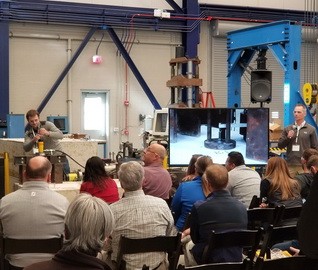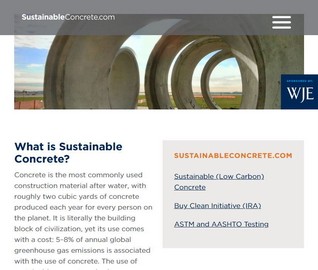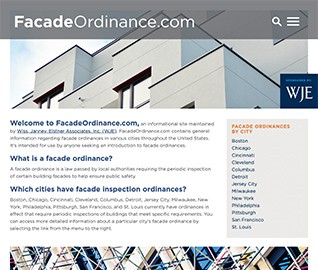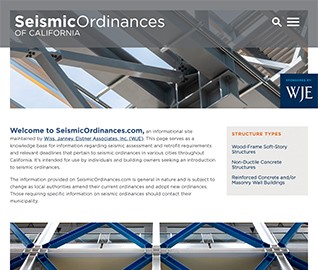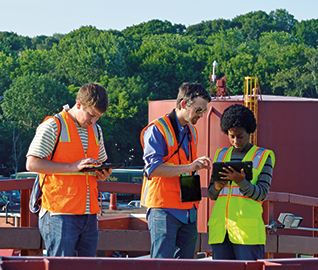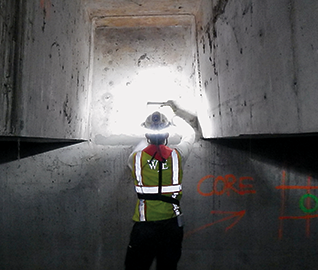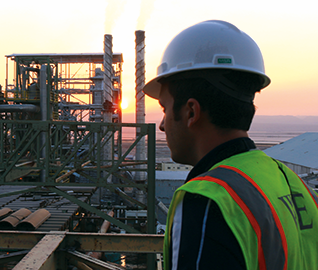Water-soluble chloride, if present in sufficient amount, is capable of initiating or accelerating the corrosion of some metallic materials embedded in or contacting cementitious mixtures such as mortar and concrete. Chloride content, along with other factors, can be indicators for the possibility of corrosion of embedded metallic materials. This test method is used to determine the water-soluble chloride content in cementitious mixtures, either in new construction or existing structures. (Note: Water-soluble chloride content can vary with time. For example, water-soluble chloride content could increase due to additional chloride ingress. Alternatively, water-soluble chloride content could decrease due to chloride-binding or leaching.) Test conditions are capable of affecting water-soluble chloride determinations. Take caution when comparing results from this test method with those from other test methods. Sulfides are known to interfere with the determination of chloride content. Blast-furnace slag aggregates and cements contain sulfide sulfur in concentrations that are capable of such interference and produce erroneously high test results. Treatment with hydrogen peroxide is used to eliminate such interference. There are aggregates that contain chloride that is not available for corrosion. Such chloride will be detected by use of this test method.
WJE laboratories are accredited by AASHTO (R18) and ANAB (ISO/IEC 17025) to perform testing standard ASTM C1218 for Water-Soluble Chloride in Mortar and Concrete.
Contact us to learn more.
Keywords
ASTM C1218 - Concrete - Hydraulic Cement - Inorganic Matter Content - Mortars - Sampling - Water-Soluble Chloride
ICS CODE
91.100.10 (Cement. Gypsum. Lime. Mortar.)
UNSPSC CODE
30111500 (Concrete and mortars)
CITATION FORMAT
ASTM C1218 / C1218M-17, Standard Test Method for Water-Soluble Chloride in Mortar and Concrete, ASTM International, West Conshohocken, PA, 2017,
www.astm.org
 John E. Pearson, Principal and Laboratory ManagerWJE Northbrook MORE >People | John E. Pearson, Principal and Laboratory Manager
John E. Pearson, Principal and Laboratory ManagerWJE Northbrook MORE >People | John E. Pearson, Principal and Laboratory Manager WJE's Janney Technical Center (JTC) provides advanced testing and forensic capabilities to... MORE >Labs | Janney Technical Center
WJE's Janney Technical Center (JTC) provides advanced testing and forensic capabilities to... MORE >Labs | Janney Technical Center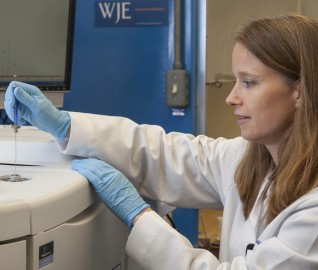 Our materials scientists provide comprehensive consulting services for the evaluation and... MORE >Services | Materials Evaluation and Testing
Our materials scientists provide comprehensive consulting services for the evaluation and... MORE >Services | Materials Evaluation and Testing WJE was founded on a spirit of innovation—that everything can be improved and that... MORE >Services | Product Development, Evaluation, and Testing
WJE was founded on a spirit of innovation—that everything can be improved and that... MORE >Services | Product Development, Evaluation, and Testing

